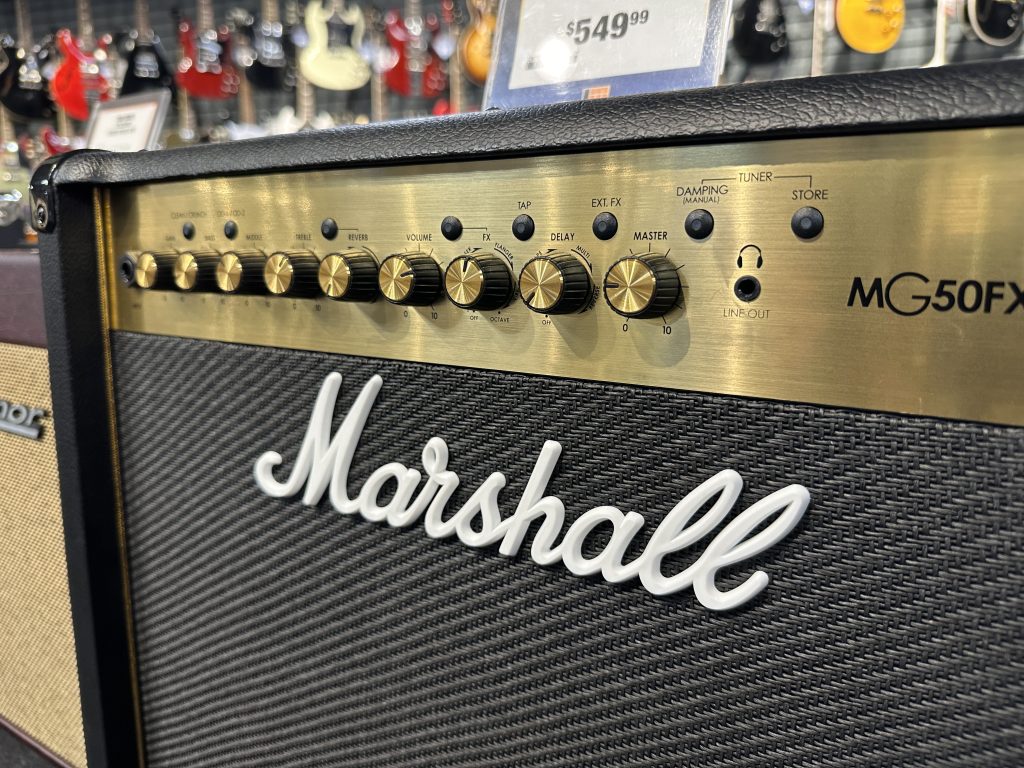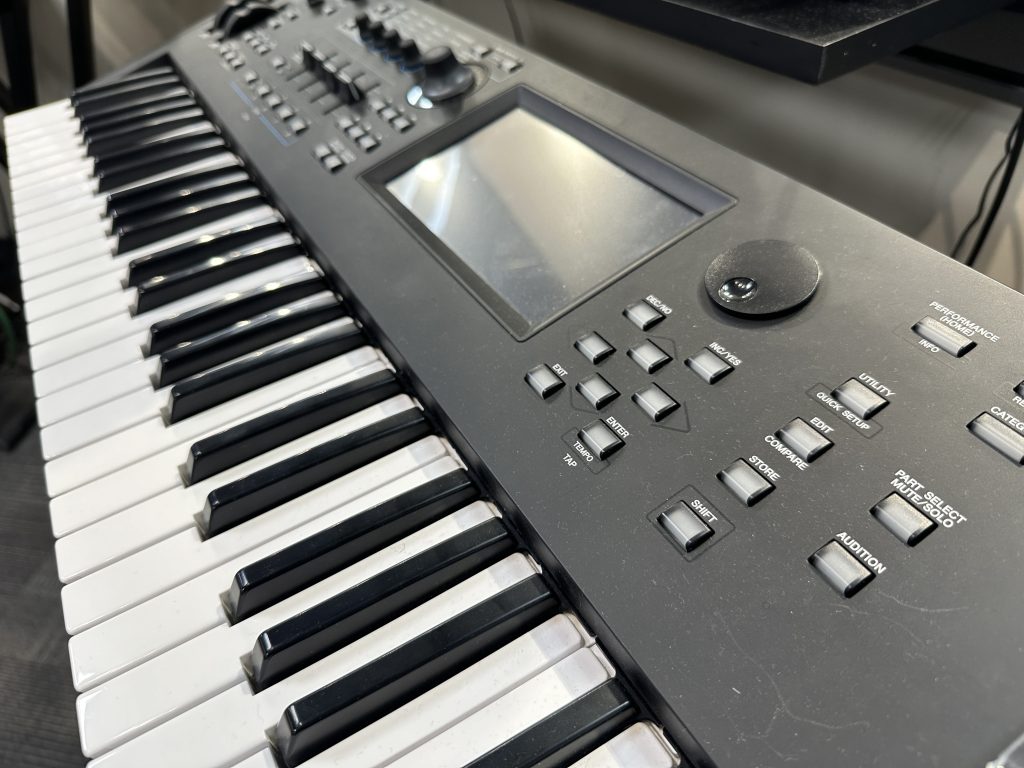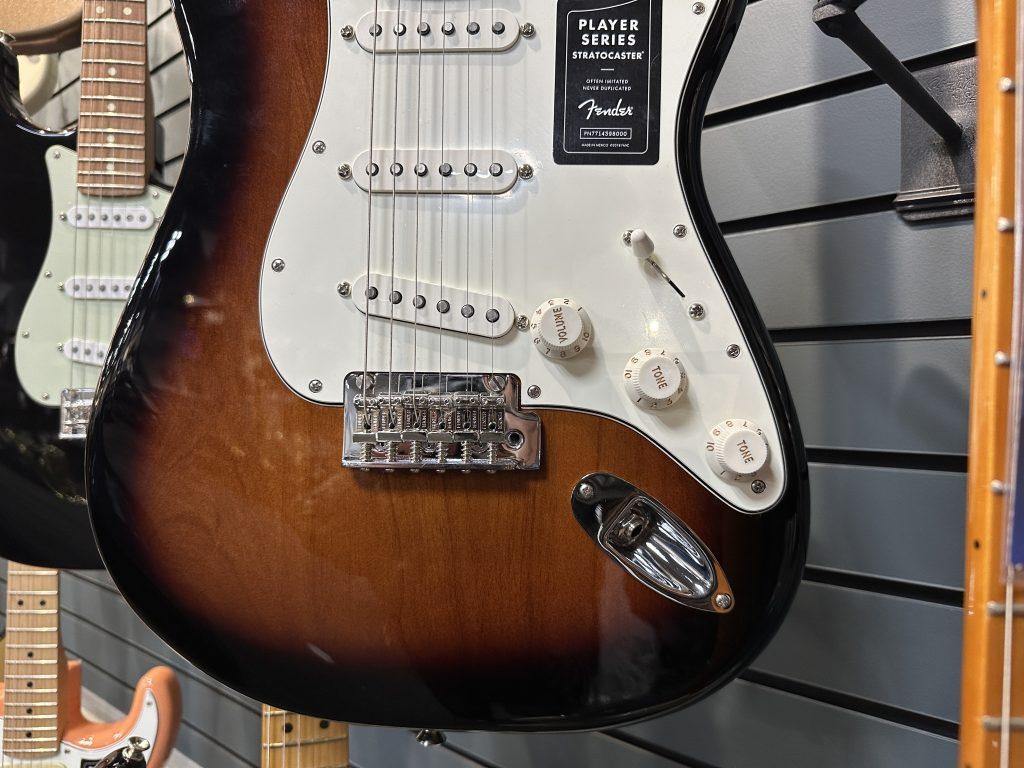Quebec’s music identity is at stake as a new requirement of Bill 96 may push some music stores to stop selling products that aren’t able to comply with new labelling regulations.
As of June 2025, every label on every product, from food items to guitar amplifiers, will need to be translated into French, including usage instructions and warranty certificates.

“Quebec is well renowned for the culture that’s Quebec and that’s not gonna be helped by not having any music stores,” said Steve Long, the president of Long and McQuade.
“There’s a lot of products that are our own distribution brands. We have a company that does that and absolutely those are no problem. We can make these products fully in French, we can make sure all the literature is in French, the packaging is in French and those are no problem.”
“The problem is when you go in an American company, a German company, a Japanese company that operates on the whole world in English and say to them by the way you have to make something in French.”
The store carries dozens of different types of reeds, which are thin pieces of material used in wind instruments like clarinets and saxophones. Manufacturers often produce hundreds of different packages of these reeds, and Steve Long says asking them to translate the packaging into a different language is simply not an option.

“In an industry like ours which is such a specialized industry with such allow volume of product, it’s just not practical. Somebody will bring up their vendor with the reeds. There are hundreds of versions of their reeds, because every musician wants something slightly different. So how do you make 200 packages for something that they may not even sell in Quebec,” said Long.
Long highlights how this law goes against the development of Quebec’s cultural identity and benefits other online and international services like Amazon.
“People say you can shop online, but that’s not how music works. People going to see products and they get inspired. They see something and they go Wow I didn’t know these things existed and they take up music and then they move forward in their life and very often make that a career. Which is something that will not be happening if there’s no music store in Quebec.”



Open Gallery
4 items
Many of their products, such as mixing consoles, amplifiers, and keyboards, are not compliant with Article 51. While the future for the 18 stores in Quebec is uncertain for the 67-year-old Ontarian company, Long & McQuade’s president does not currently plan to close any of his stores.
“Most guitars will be fine because they don’t have any writing. But when it comes to products that are not fine, now what’s our choice? There’s a rule that says if anything is produced before 2025 it’s fine. Do we only sell used products? Is that what happens? I don’t know,” said Long.







